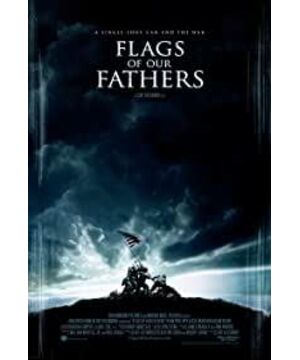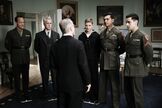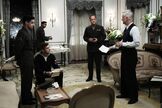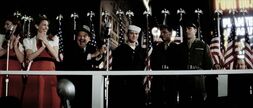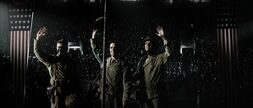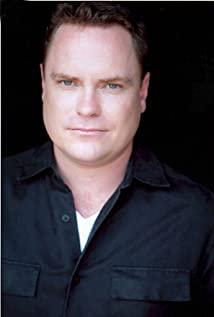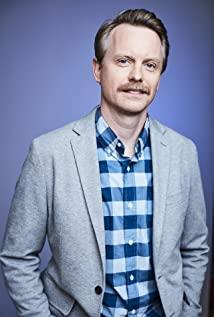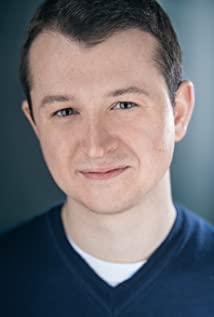"Every idiot thinks he knows war, especially those who have never set foot on the battlefield." "We always like simple things, good and evil, heroes and villains."
Then he began to talk about this "photographed" War for Change".
The cruelty and bloodshed of war need not be repeated, and it has also been interpreted countless times in the history of film. Therefore, a new angle is chosen here, those "shaped" heroes. Out of the needs of politics and interests, they are packaged as "commodities" in exchange for high popular support, national unity and national enthusiasm, and the public's willingness to buy government bonds. When their value is exhausted, they are abandoned and left unnoticed. As for those soldiers who gave their lives for the country and those who made military exploits, they are nothing more than engraved on monuments, awarded honors, and appease the bereaved. I use "nothing more than" because I feel that in many cases there is nothing that can really make up for the physical and mental harm caused by war to a person.
It's not uncommon to create heroes like this. When governments or organizations feel that they need internal unity, diversion, and stability, they often push heroes into the spotlight. Some are real, some are fake, some are glorified, and some are adapted. It's not important anyway, it has been materialized, and their instrumentality is more important. Behind these heroes are often a large group of "unknowns" whose interests have also been sacrificed and occupied. Some of them may be compensated, commemorated, and remembered. A larger part may be abstracted into a historical mass image that has nothing to do with itself.
Many times, creating a hero is unquestionably politically correct, and usually works as intended. But after that? Should the tricks and fakes in the process of creating heroes be uncovered? How should this behavior be treated? The movie doesn't tell us the answer, and it doesn't give insight. He just said that some people who are portrayed as heroes may blame themselves, some may enjoy it, and some may just follow the trend. As for the real heroes, some have been discovered, and some may really disappear into the clouds of history.
In fact, this film, except for the elements of "reflection on war" and "exposure of the filth behind war", is quite realistic in this regard alone. Whether restoring the truth will affect stability and credibility; how to deal with "fake heroes"; how to stop the investigation of the truth from the incident itself, etc. are all questions we should think about.
If it is said that shaping a hero is a clever means for the rulers, then daring to accept and face the doubts and overthrow of others can be said to be a kind of political self-confidence and institutional self-confidence.
View more about Flags of Our Fathers reviews


